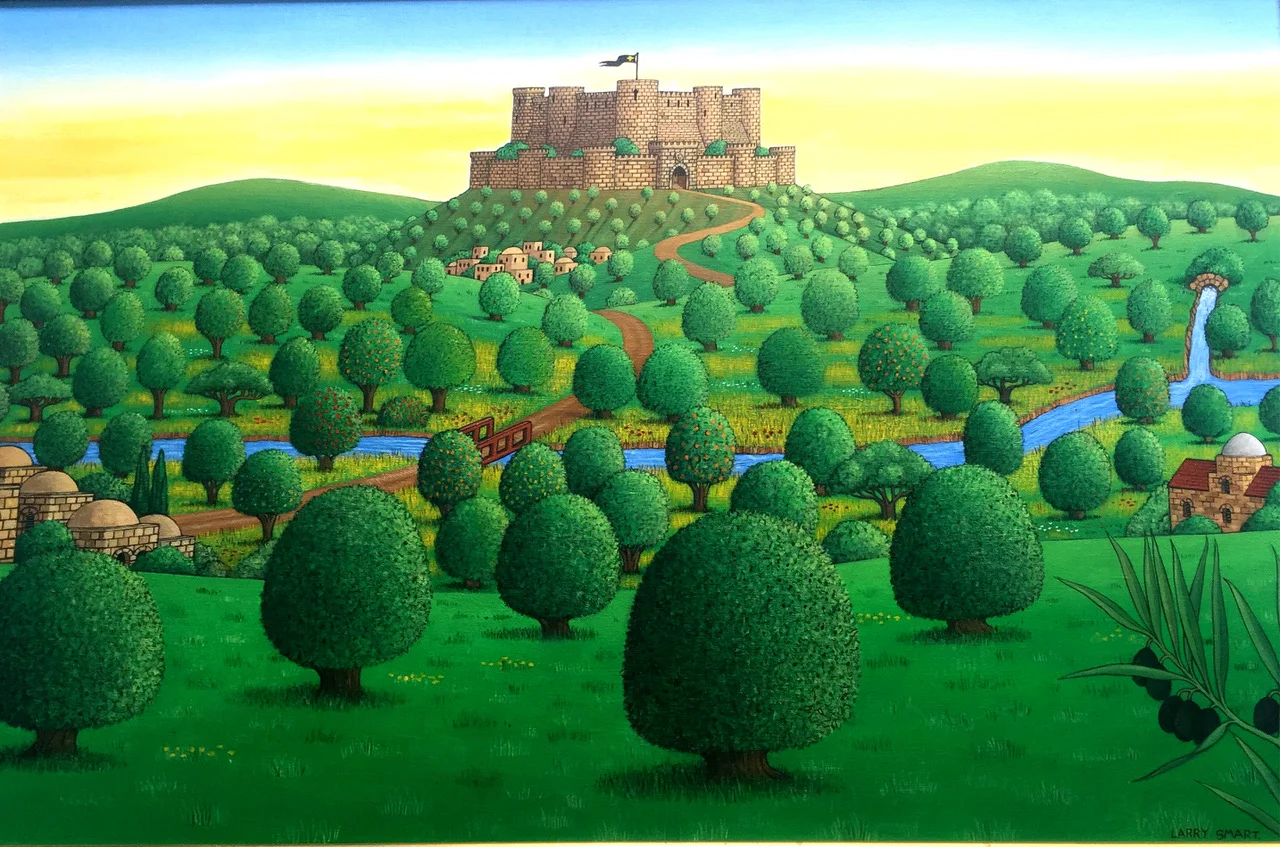2500 years ago Plato wrote about ancient Greece many years before: “... the earth has fallen away all round and sunk out of sight. The consequence is, that in comparison of what then was, there are remaining only the bones of the wasted body, as they may be called, all the richer and softer parts of the soil having fallen away, and the mere skeleton of the land being left.”
At a remarkable mid-June gathering at Morvern in the West Highlands I read the above excerpt from Plato, who was describing Greece before farmers totally screwed it up. The theme of the conference was ‘Soil Matters’ and it brought together leading soil scientists, artists, musicians, government and NFU officials, land managers and others with an interest in soil and sustainability. It was hosted by the Andrew Raven Trust, a trust established in memory of his profound influence on Scottish land management and environmental issues. Because we were in the Highlands the role of peat in climate change and sustainability was a topic. Peat has a deep resonance with the spirit of Scotland - I’m not talking about whisky here but about peat bogs.
The Scottish landscape has seen some hard times - the Clearances led to populated areas seeing the longstanding human residents sent off to Glasgow or America or Australia, to be replaced by deer and sheep. Now the Scots are recreating the marvellous environment that reflects the levels of rainfall that typify the region and rebuilding rural populations living in harmony with this unique environment. A surprising number of the new migrants are from England.
Misguided post-war policy gave indiscriminate tax incentives to forestry. Trees were inappropriately planted on peatlands, the bogs dried out, the ecosystem collapsed. Now there are active peat bog restoration projects all over Scotland and the benefits to environment and climate are inestimable. A peat bog can compete with a woodland in the amount of carbon dioxide it takes out of the air and stores permanently in the depths of the earth. Scotland’s peat bogs are making a huge contribution to mitigating climate change and we still don’t pay them a penny for doing it. With carbon pricing on the horizon that could change. If the carbon price is £50/tonne CO2 then an undisturbed peat bog could earn its owner £2-300 per hectare per year. That’s more than you could make by cutting the peat for fuel or compost.
Peter Melchett, the late Policy Director of the Soil Association, dreamed of the day when peat use was phased out completely from organic farming. A 2010 Government deadline for removing peat from horticulture was quietly extended to 2020 and now neither Defra nor the EU have any concrete plans to phase out peat use - the pressure from horticulture is too strong - tomato and vegetable growers are a powerful lobby.
So, while the Scots are diligently restoring peat bogs the rest of the world is still digging it up to save microscopic amounts of money. We deserve to die if we can’t do anything about this insanity. Vast peat bog areas of Ireland, Latvia, Lithuania and Canada are being mined on an industrial scale to supply vegetable growers. There have been attempts to phase peat out of organic and conventional production. ‘Peatless peat’: compost blends of coir, composted shredded bark, biochar and green waste perform just as effectively but cost a tiny bit more. They have a vastly lower carbon footprint. The organic movement sees itself as superior to other growers and farmers but the use of peat is one area where we must hang our heads in shame. Every principle of sustainability is contradicted by the use of peat;: it takes tens of centuries to replace; it turns into carbon dioxide within a year or two of being used; and it destroys biodiverse habitats. Growers feel under tremendous pressure from supermarkets to cut costs in any way possible and peat is cheap.
Alternatives that don’t devastate the environment can do the job just as well, they just cost 1/2 a penny more than peat for a seedling plant. A tomato plant can produce 50 tomatoes, so that’s 1/100 of a penny that is saved by using peat to grow tomatoes. Screw the planet, let’s save a penny per 100 organic tomatoes.
It is time for the organic movement to revisit its founding principles, look to the Scottish example and drive a worldwide movement to restore peat wetlands and make peat use extinct before peat use makes us extinct.













